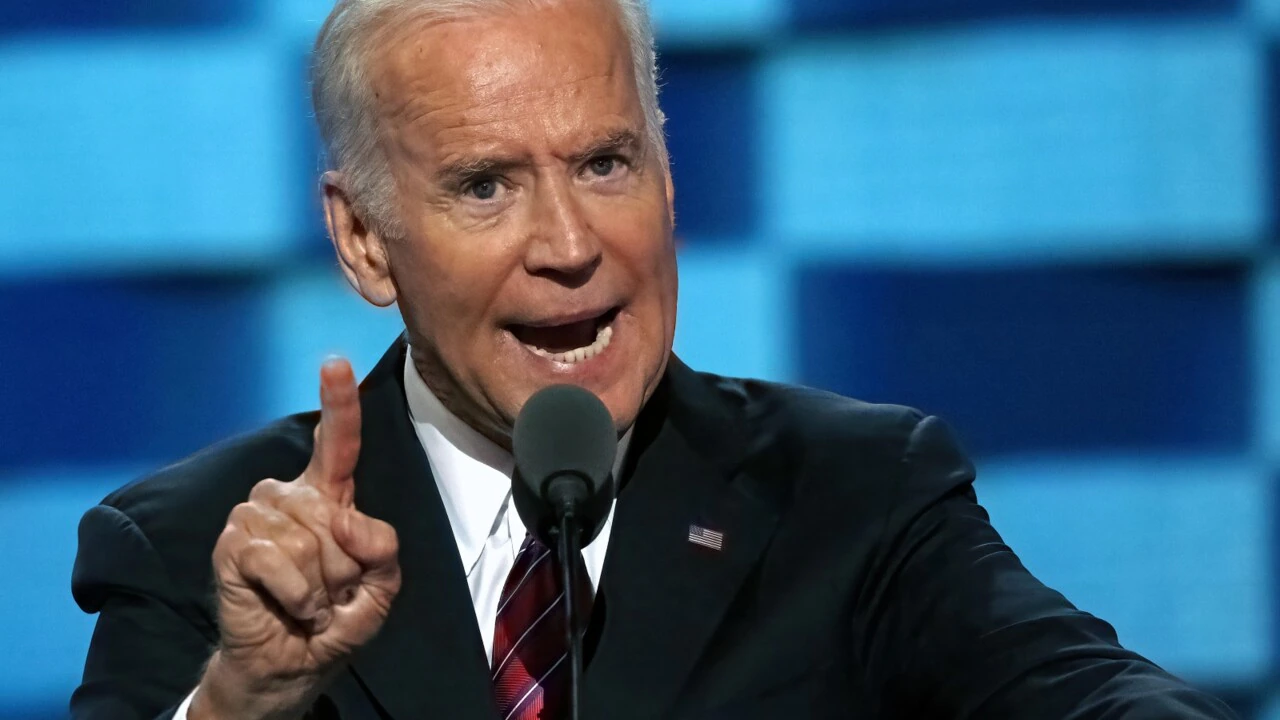The United States, a nation built on the foundation of immigration, has always been a beacon of hope for many. However, the manner in which immigration is managed can significantly influence the nation’s socio-economic fabric. Under President Joe Biden’s administration, the approach to immigration has been notably different, leading to a wave of opposition from 22 Republican-led states.
President Biden’s executive decisions have often bypassed Congress, leading to concerns about states’ rights and the balance of power. One such decision that has sparked significant controversy is his policy to permit up to 30,000 migrants from South America and the Caribbean to enter the U.S. every month. While the intent behind such a policy might be humanitarian, critics argue that it’s economically unsustainable, especially when many Americans are grappling with economic hardships, job losses, and the aftermath of a global pandemic.
The streets of major American cities bear witness to the struggles of its citizens. Homelessness, unemployment, and economic disparity are on the rise. In such a scenario, the decision to open the floodgates across the southern border has been met with skepticism and concern. The steady influx of migrants, many of whom require assistance at various levels, poses a significant burden on the already strained taxpayer funds.
Leading the charge against Biden’s policy is the state of Texas, known for its vast border with Mexico and its strong Republican leadership. Texas, along with 21 other GOP-led states, has taken the matter to a federal court in Houston. Their primary contention is with Biden’s humanitarian parole program. This program, while noble in its intent, allows residents of countries like Cuba, Haiti, Nicaragua, and Venezuela to apply for a two-year work stay in the U.S.
The states argue that this program is not just an overreach by the Biden administration but also an unlawful strain on their resources. They believe that the federal government is misusing its statutory parole authority, which should be reserved for urgent humanitarian reasons or significant public benefit. The program’s broad application, they argue, doesn’t fit these criteria.
The numbers associated with the program are indeed alarming. Since its inception, it has granted access to the U.S. for 72,000 Haitians, 63,000 Venezuelans, 41,000 Cubans, and 34,000 Nicaraguans. Each individual represents an additional burden on taxpayer funds, further straining an already stretched system.
The broader Republican community, both at the state and federal levels, has been vocal in their criticism of the Biden administration’s handling of the border crisis. They attribute the ongoing migrant surge to the rollback of Trump-era border security measures. These measures, they argue, were more effective in managing the border situation and ensuring national security.
There have been calls from Republicans in Congress to halt funding to federal agencies providing support for such programs. They believe that a more measured and sustainable approach to immigration is needed, one that balances humanitarian concerns with economic realities.
As the legal battle intensifies, it remains to be seen how this challenge to Biden’s migration rules will play out. But one thing is clear: the opposition is strong, united, and determined to ensure that the nation’s immigration policies are in the best interests of its citizens.
In conclusion, while the United States remains a land of opportunity and hope for many, it’s essential that immigration policies are crafted with a balanced perspective, keeping in mind both humanitarian concerns and the nation’s economic realities. The opposition from 22 red states serves as a reminder of the need for such balance.
Source Patriot Journal


